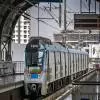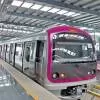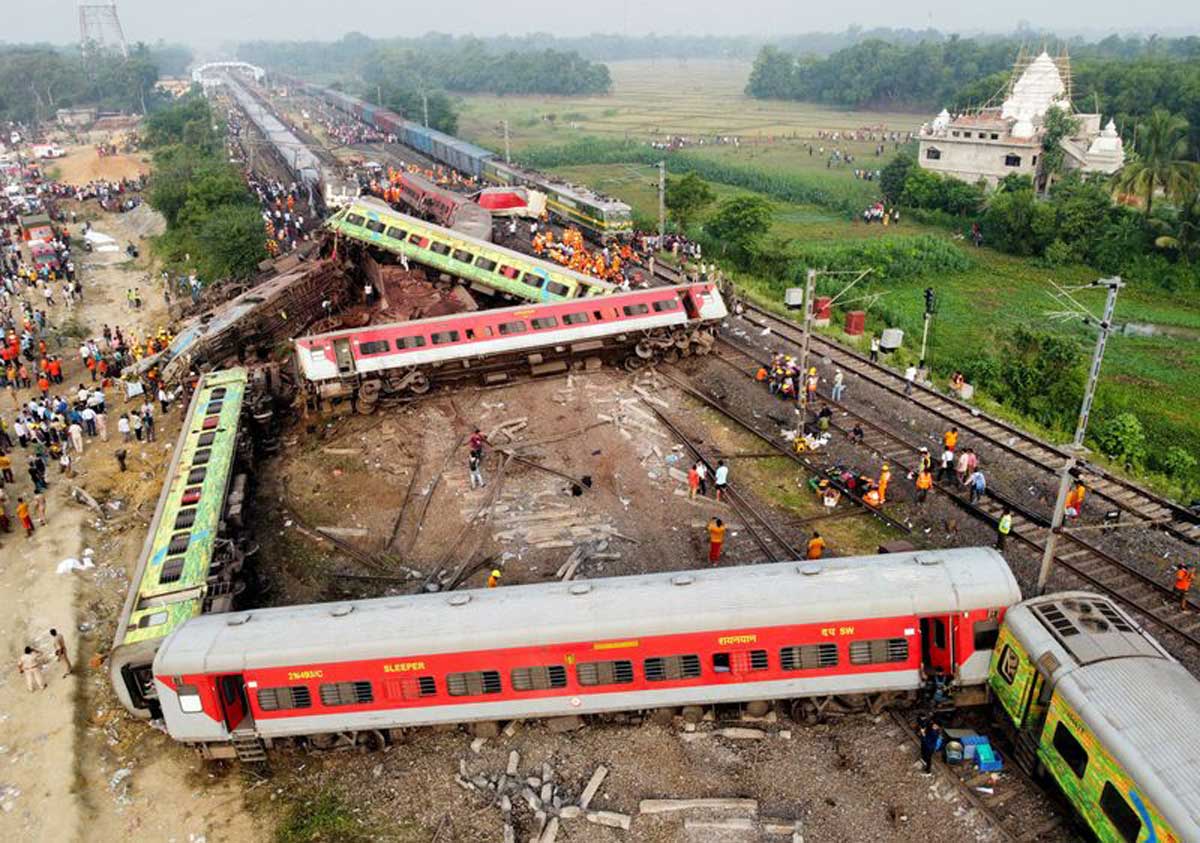
Indian Railways invested over Rs 1 trillion on safety measures
Redefine the future of urban mobility! Join us at the Metro Rail Conference 2025 to explore groundbreaking ideas and insights. 👉 Register today!
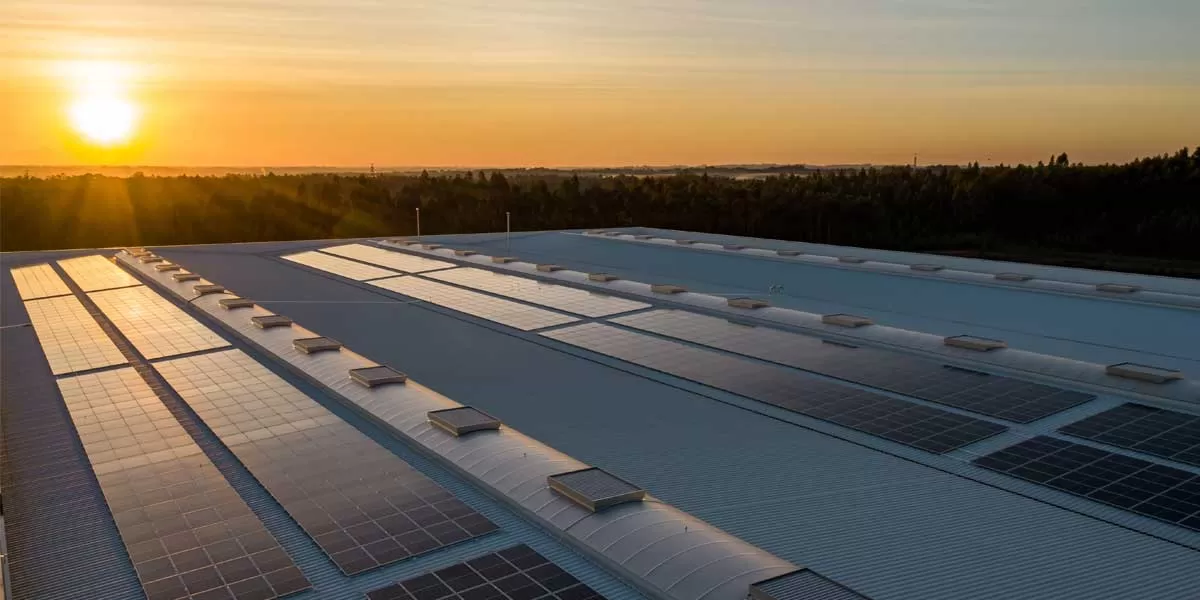
Orb Energy Achieves Rs 3 Bn Milestone in Solar Financing Success
Orb Energy, a vertically integrated solar energy solutions provider, has achieved a significant milestone by surpassing Rs 3 billion in financing disbursements through its in-house finance facility that requires no collateral or down payment. This accomplishment underscores its dedication to supporting small and medium enterprises (SMEs) and micro, small, and medium enterprises (MSMEs) in India in transitioning to cost-effective solar energy solutions. The company has installed approximately 350 MW of solar photovoltaic systems nationwide, with a strong foothold in southern and western India...
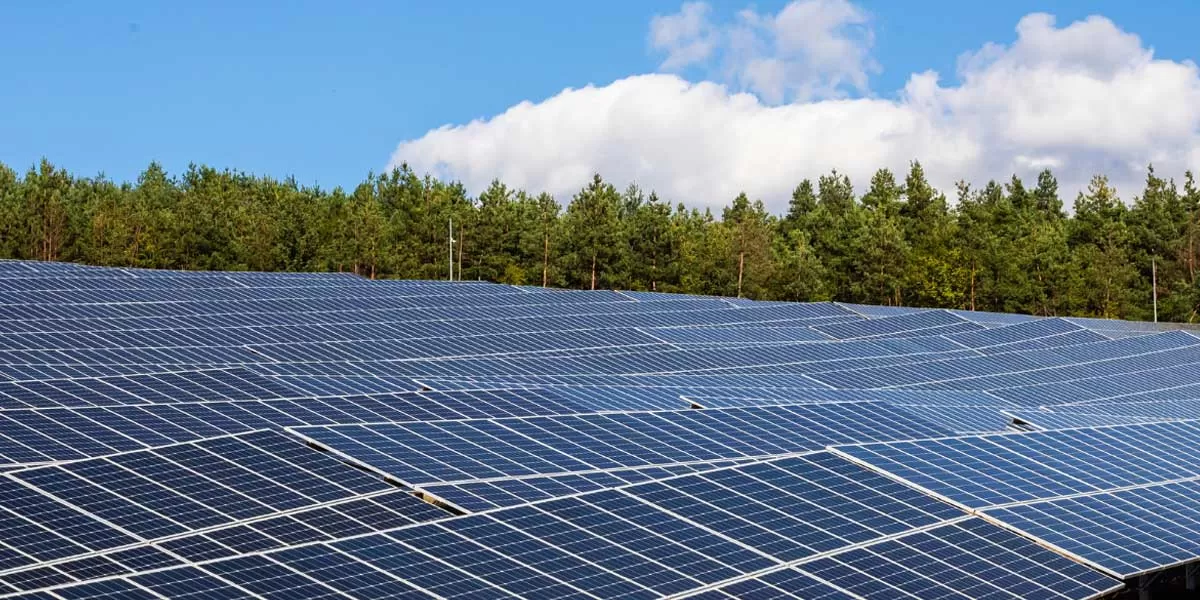
90% Defaulters Yet to Settle Rs 3.17 Bn Power Dues in Noida
Out of a total of 1.31 lakh defaulters in Noida, only 13,500 consumers availed of the one-time settlement (OTS) scheme during its first phase. The Uttar Pradesh Power Corporation (UPPCL) launched the scheme in three phases, from December 15, 2024, to January 31, 2025. These consumers cleared dues amounting to Rs 300.40 million out of a total Rs 3.47 billion owed. Officials emphasized that stricter enforcement of the scheme would be implemented in the coming phases. During a recent weekend meeting with the technical team of the power department, the Noida zone's chief engineer instructed that..
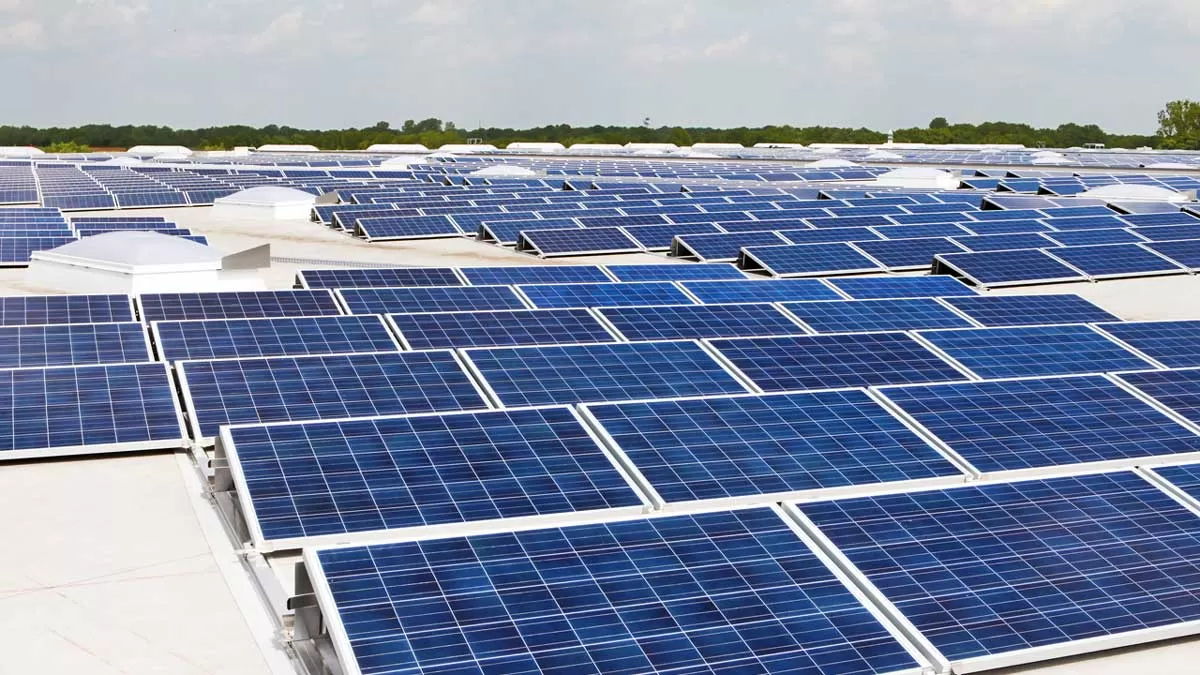
NER Invites Bids for 10 MW Rooftop Solar Projects in Uttar Pradesh
The Varanasi division (electrical) of Northeastern Railway has recently issued four tenders for a total of 10.4 MW on-grid rooftop solar systems to be installed at various buildings in Gorakhpur, Uttar Pradesh. The tenders include different project capacities, with submission deadlines set between January 31 and February 3, 2025. Bidders are required to submit earnest money deposits (EMDs) ranging from Rs 0.89 million to Rs 1.2 million depending on the tender, with the expected project costs varying between Rs 148 million and Rs 174.08 million. The selected contractors will be tasked with sup..







